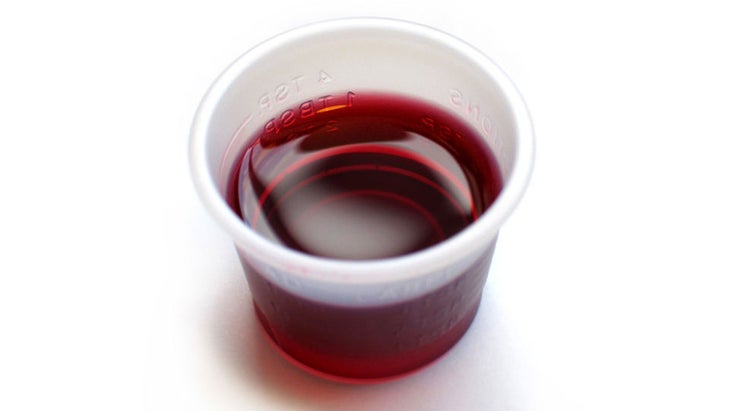Herbs for Kids’ Colds
These three botanicals strengthen immunity and ease symptoms naturally.
Get full access to Outside Learn, our online education hub featuring in-depth nutrition, fitness and adventure courses, and more than 2,000 instructional videos when you sign up for Outside+..
The common cold is an upper-respiratory tract infection that is caused by a wide variety of viruses. A child with a cold will complain of general malaise, fatigue, fever, body ache, headache, sore throat, and congestion in the nasal passages. Sneezing and runny nose are usually the first symptoms. The throat may be red, sore, and dry.
If your child has a healthy, functioning immune system, a cold should not last more than three or four days. And if you utilize certain natural remedies, once a cold is underway, although you should not necessarily expect immediate relief of the symptoms, a cold may resolve in as little as a couple of days.
ASTRAGALUS
Long used in traditional Chinese medicine, astragalus root (Astragalus membranaceus) is categorized as a “superior herb” in The Yellow Emperor’s Classic, a 2,000-year-old text of herbal remedies, and it has almost certainly been used in that culture even longer. Called Huang Qi (“yellow energy builder”), it’s a master immune booster. “Qi” is usually translated in the West as “life force” or “vital energy.”
Astragalus root is recently getting more respect in the West because researchers have found that it contains substances that stimulate the immune system. Although preferred for long-term prevention, the herb can be used for acute cold and flu symptoms. It’s is a popular immune tonic for children who frequently succumb to infections. According to Chinese medicine, the herb also strengthens the lungs, so it forms the backbone of a program to prevent and treat respiratory infection.
Astragalus’ ability to increase immune function includes activity against the Coxsackie virus, a flu-like virus that mainly affects children. In a recent, randomized clinical trial in China, 115 patients who took astragalus for eight weeks showed significant improvement in white blood cell counts. Modern research has identified the constituents in astragalus thought to be responsible for its healing powers, including polysaccharides similar to those in echinacea and shiitake mushroom, and hormone-like compounds called saponins.
Chinese cooks regularly add astragalus to the family stewpot during the cold season, so that everyone can get a daily immune boost. And unlike most Chinese herbs, astragalus actually tastes surprisingly good as a tea, with a velvety texture and a sweet, buttery taste. For children who have difficulty swallowing tablets, a tea may be a good option. Astragalus tinctures are also available, and the herb can be found in natural cold formulas. Follow dosage instructions on labels.
ELDERBERRY
Elderberry (Sambucus nigra) extracts are used primarily as antiviral agents for colds and influenza. Research demonstrates elderberry possesses immune-modulating and antioxidant properties. Elderberry extracts can shorten the duration or lessen the severity of the common cold. Constituents of the berries include the flavonoids quercetin and rutin, and the syrup made from the berries is sweet and tasty, so kids respond well to this remedy.
German Commission E, a government regulatory agency composed of scientists, physicians, and pharmacists, states that constituents of elderberry (Sambucus) provide effective relief for colds, fevers, and respiratory mucus. A recent 2016 study found that elderberry produced a significant reduction of cold duration and severity in air travelers.
Look for elderberry in lozenges, tinctures, capsules, and syrups. As dosages of products vary, follow label instructions.
ECHINACEA
Echinacea (Echinacea purpurea) has been shown to exert significant effects on immune function in more than 300 clinical studies. Research published in The Lancet Infectious Diseases found it reduces the chances of getting a cold. It was also found to cut duration of a cold by an average of 1.4 days in 14 separate studies.
Study results have been mixed, most likely stemming from variable quantity of the herb’s active compounds; there is tremendous variation in these levels across products and preparations. Echinacea must be grown properly, harvested at the correct time, and prepared properly for maximum levels of all active compounds. Stick with established brands that have a good reputation, and rely on high-quality preparations. Echinacea is available in tinctures, capsules, chewables, and teas. Follow label instructions for use.
Did you know…
The syrup made from elderberries is sweet and tasty, so kids respond well to this remedy.
